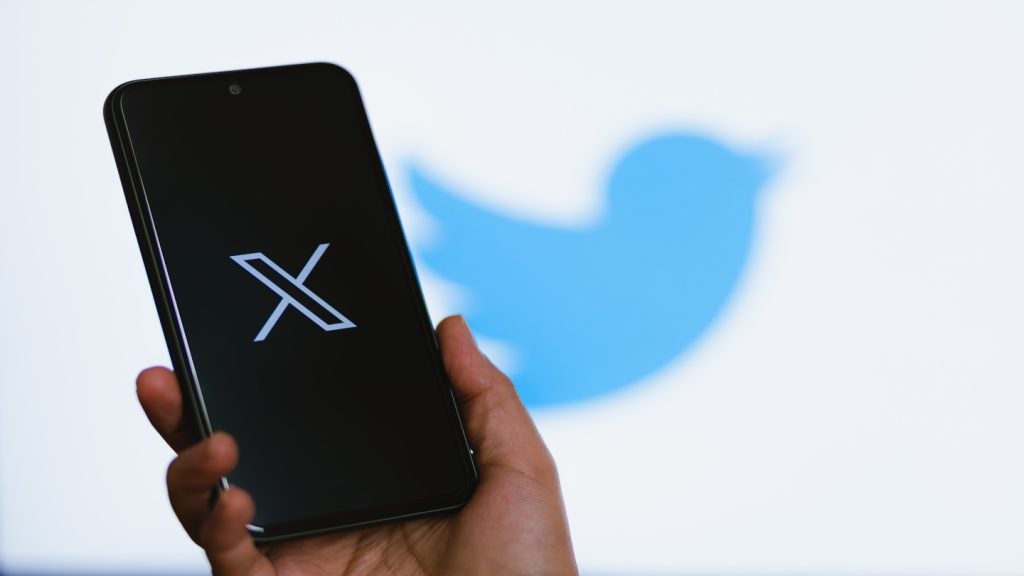
Rob Zuber is the CTO of CircleCI, a company that provides a platform for businesses to build software applications at speed and at scale.
Founded in 2011, the Silicon Valley firm has raised $215m in funding and has more than 300 employees spread across five continents.
During a 20-year period, Zuber has founded four startups and has been CTO at three of them. Prior to CircleCI, Zuber was the CTO and co-founder of Distiller, a continuous integration and deployment platform for mobile applications. The company was then acquired by CircleCI and since then Zuber has seen it through its Series E funding, leading a team of more than 150 engineers distributed around the world.
In this Q&A, the 36th in our weekly series, Zuber reveals why remote working has made automation essential, explains why it’s important to be wrong “as fast as humanely possible” and why we need to “increase our tolerance for long-term bets”.
Rob Scammell: Tell us a bit about yourself – how did you end up in your current role?
Rob Zuber: I’ve been leading software startups for the past 20 years. During that time I’ve started four companies and served as CTO at three, including CircleCI. Prior to CircleCI, I was CTO and Co-founder of Distiller, a continuous integration and deployment platform for mobile applications. My cofounder was Jim Rose, who became CEO of CircleCI when it acquired Distiller in 2014.
I’ve always been a big advocate for building the smallest possible thing and then getting feedback on it. With Distiller, we built the first minimum viable product (MVP) that got a successful iOS build and then went and literally walked door-to-door around San Francisco, seeing if anyone wanted it.
About six months in we were acquired by CircleCI, and that allowed us to build a more robust continuous integration and continuous development (CI/CD) tool that could handle an entire backend system along with mobile apps and more. Prioritising product-market fit is what allowed us to get the feedback to know quickly that we were on the right track, and rapidly hone our offering.
What’s the most important thing happening in your field at the moment?
The rollercoaster of 2020 has highlighted the competitive differentiator that being a well-oiled software delivery team provides. The minute Covid-19 hit and everyone had to become not just remote-first, but remote-only, many teams were forced to reckon with the number of manual processes they had in place. Suddenly, they could no longer rely on the fact that there was a build machine under someone’s desk, and if that machine had a problem, they could just reboot it. Suddenly, they needed to automate everything.
This idea of automation, this idea of being able to move quickly and reliably, has become not just a ‘nice to have’; it’s become core to what you have to do as a software delivery team.
Which emerging technology do you think holds the most promise once it matures?
Today’s startup technical leaders are lucky enough to be building a business in the age of AWS, Heroku, and serverless — which means you have an advantage that I didn’t have in 1998, when I worked at my first startup and had to fly across the country to set up our first data centre with a suitcase full of disk drives. True story, but I digress.
Modern cloud deployment platforms give you the ability to get your ideas in the hands of users faster than ever before. With tools like this, you can focus entirely on building your product as users are interacting with it, so you can learn from those users as quickly as possible. Don’t waste a minute doing stealth mode or any other exercise that takes you away from getting your most lightweight prototype into real people’s hands and seeing if they care.
Rely on these technologies to test your assumptions rapidly and they will be your biggest asset for finding product-market fit.
How do you separate hype from disruptor?
There’s an interesting balance in the freedom of choice versus the consistency of standardisation. I’m an engineer by background, so I love to tinker and deeply understand how things work. I’m also an engineering leader and at the end of the day, I have to think about what delivers the most value to my team and customers.
Being able to use a small set of tools, or have someone manage those tools for me in a way that’s going to enable me to do what is core to my business, is always what I’m striving for.

What’s the best bit of advice you’ve been given?
Your only strategy is to be wrong as fast as humanly possible so that you can find out what right is and start building the right thing.
Where did your interest in tech come from?
I went to college during a time when the parameters of the software industry were less obvious than they are today. I studied engineering physics, did a little bit of software development, then afterwards went to work in a production facility analysing production defects and trying to optimise our factory process.
I found myself really enamoured with the software part of it all. Then a couple of friends of mine created a startup, which I later joined. I started out doing things like running a QA team and then something we called systems engineering. I even wrote our first build script. I’ve been thinking about delivering software ever since.
What does a typical day look like for you?
I don’t really have a typical day but I can guarantee every day includes lots of coffee. I’ve learned the role of a CTO at a growing company is more about managing people than tech. Because of this, I spend a lot of time thinking about structuring and communicating context. Effectively removing ambiguity. I absorb what’s happening across the business as a whole, and reframe so that my engineering organisation understands what we’re trying to accomplish, so they, in turn, can make good decisions.
What do you do to relax?
In my free time, you can find me playing guitar, snowboarding, working out in my garage or walking my dog. Oh, and probably making more coffee.
Who is your tech hero?
One of my favourite tech writings is a post from the “Programming is Terrible” blog, about writing code that is easy to delete, not easy to extend:
“If we see ‘lines of code’ [not as ‘lines produced’ but] as ‘lines spent,’ then when we delete lines of code, we are lowering the cost of maintenance. Instead of building re-usable software, we should try to build disposable software.” -tef
What this post points out is that for much less effort than it takes to make something exceptional, you could focus on making it simple enough that you could throw it away and replace it down the road. This type of pragmatism now will be enormously helpful in preparing you to scale successfully down the road.
What’s the biggest technological challenge facing humanity?
As a species and a planet, we’re facing an unprecedented sustainability problem. Humans are investing heavily in increasing lifespan and quality of life, and over-indexing on consumption. We’re adding more and more strain to the system, and not making a ton of progress on reducing our use of resources.
In Silicon Valley, we talk about innovation through the frame of startups, funded by venture capitalists with perhaps a 10-year time horizon for a return. To fix our sustainability problems, though, we’re going to need to increase our tolerance for long-term bets, bets much bigger than the scale we’re currently operating at.
We need to think about how we re-orient scrappy minds away from short-term ROI, and find ways to provide incentives for bigger, longer bets.
Read more: CTO Talk: Q&A with Versa Networks’ Apurva Mehta







